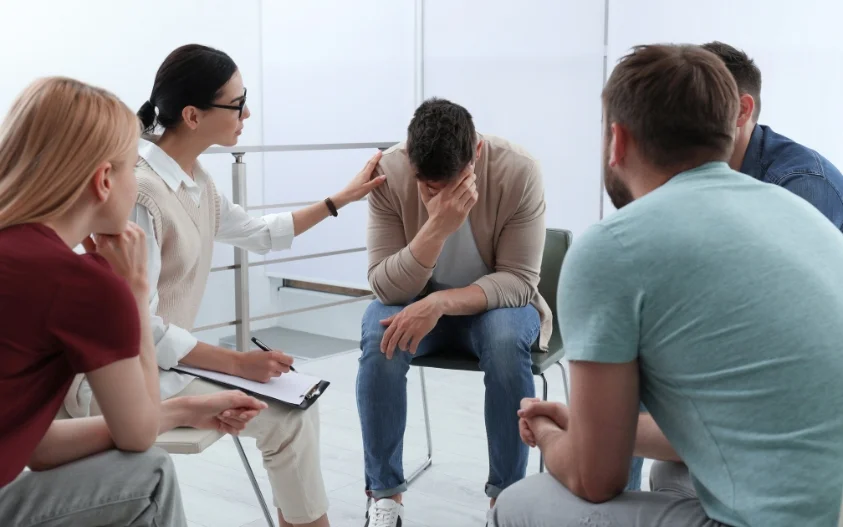24/7 Helpline:
(866) 899-221924/7 Helpline:
(866) 899-2219
Learn more about Morphine Rehab centers in Madison County

Other Insurance Options

United Health Care

BHS | Behavioral Health Systems

Magellan Health
Beacon

Premera

Sliding scale payment assistance

Molina Healthcare

Choice Care Network

Ambetter

Sutter

Private insurance

Lucent

AllWell

CareFirst

UMR

CareSource

WellCare Health Plans

Health Choice

Holman Group

Cigna

Tueller Counseling Services
Tueller Counseling Services is a private rehab located in Rexburg, Idaho. Tueller Counseling Service...

South Fork Services
South Fork Services is a private rehab located in Rexburg, Idaho. South Fork Services specializes in...

Ostermiller Counseling
Ostermiller Counseling is a private rehab located in Rexburg, Idaho. Ostermiller Counseling speciali...

Rexburg Counseling
Rexburg Counseling is a private rehab located in Rexburg, Idaho. Rexburg Counseling specializes in t...

Centerpoint Counseling
Centerpoint Counseling offers therapy for a wide variety of behavioral health issues. Centerpoint Co...



















